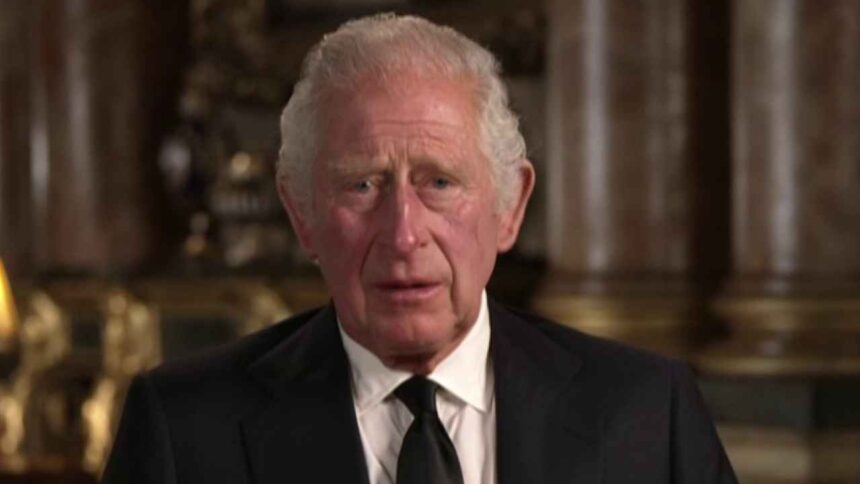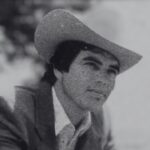As King Charles III continues to navigate his new role as the monarch, he has shown an unwavering commitment to maintaining a busy schedule of royal engagements, despite ongoing health challenges. At 75 years old, the king is currently battling cancer, yet he remains determined to honor the legacy of his late mother, Queen Elizabeth II, by participating in high-profile events such as Trooping the Colour and Royal Ascot.
Royal author Angela Levin recently shared insights into the King’s intentions and his current health situation during an interview with GB News. Levin noted that King Charles is keen to show his gratitude towards his mother by attending events that were significant to her. “The King has outlined that he’s going to step up his business commitments. Royal Ascot is part of that. Trooping the Colour is three days before then. He wants to do that to show his gratitude to the Queen,” Levin explained. The Queen had a well-known passion for horse racing, making Royal Ascot a particularly poignant event for the King.
However, Levin expressed concerns about the potential health implications of the King’s packed schedule. “But I just hope that he’s not pushing himself too far too quickly. There’s loads of people there. You hear all these stories of people coming back with all these germs. I just hope he doesn’t push himself,” she said. Her comments reflect a common worry that the King might be taking on too much, too soon, given his recent health battles.
Levin also touched upon how the royal family manages public perceptions during this sensitive time. She highlighted the strategic decision for King Charles to travel by car to and from engagements in London, rather than by helicopter, as a way to maintain visibility and reassure the public of his ongoing activity and presence. “I think they feel they need to say when he’s sort of coming back or they say they hope he’s coming back so people don’t get too anxious again. That’s why he’s in a car, going back and forth to London, where he could take a helicopter so he can wave at lots of people so they know he’s still there,” Levin explained.
This approach not only allows King Charles to fulfill his royal duties but also helps to project an image of resilience and commitment to continuity in the face of personal health challenges. The King’s dedication to his roles underscores the profound sense of duty he feels towards the crown and his desire to honor his mother’s memory in his actions and choices.
The balancing act between King Charles III’s health and his royal responsibilities is a delicate one. While his commitment to his mother’s legacy and his public duties is clear, it raises significant questions about the pressures faced by public figures to maintain their roles in the public eye, even during personal health crises.
As the King continues to navigate his leadership with both visibility and vulnerability, the support from both the palace and the public remains crucial. His determination to participate in key royal events, despite personal health concerns, not only highlights his dedication but also humanizes the monarchy in a time of transition and change.




